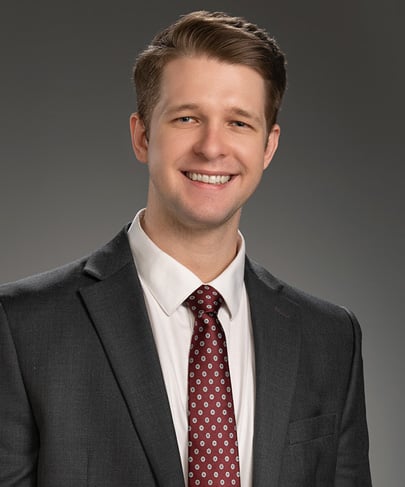Supreme Court Limits EPA's Power Over NPDES Water Permits
- Girouard , Kyle
- Industry Alerts
Click “Subscribe Now” to get attorney insights on the latest developments in a range of services and industries.
In a much-anticipated decision, the U.S. Supreme Court significantly narrowed the EPA's authority under the Clean Water Act (CWA) to impose so-called "end-result" requirements in NPDES permits.[1] These "end-result" requirements "do not spell out what a permittee must do or refrain from doing" but instead hold dischargers accountable for the condition of receiving waters, not just the nature of their discharges.
The case involved the City and County of San Francisco, which challenged NPDES permit conditions prohibiting discharges that "cause or contribute to" violations of water quality standards. A divided Ninth Circuit panel upheld the language, but the Supreme Court disagreed. In a 5-4 opinion reversing the Ninth Circuit, the Court sided with the City and County of San Francisco. The Court held that while the EPA can impose effluent limits and other specific requirements, it cannot condition permit compliance on whether receiving waters ultimately meet state water quality standards.
Writing for the majority, Justice Alito emphasized that it is the EPA's responsibility, not the permittees', to determine the necessary steps to achieve compliance with those standards. Stated differently, it is not the permittees' role to guess what is required by permit conditions. That interpretation, the majority found, is consistent with the text of the Clean Water Act and its regulatory framework.
The ruling clarifies that §1311(b)(1)(C) of the CWA does not give the EPA complete freedom to include open-ended compliance mandates based on downstream water conditions. While Justice Barrett's dissent agreed the statute isn't limited to effluent limits, she argued that narrative conditions prohibiting violations of water quality standards still qualify as lawful limitations on a discharger's permit.
Takeaway for Permit Holders
This decision may help municipalities, utilities, and industrial dischargers push back against vague or open-ended permit language that creates legal exposure without clear standards. It also reinforces the need for regulators to define specific, enforceable permit conditions rather than shifting the burden of water quality outcomes onto dischargers.
If you're reviewing or negotiating an NPDES permit, this decision could affect your strategy moving forward. Please reach out to any of the attorneys in Dickinson Wright's Environmental Practice Group to discuss your options.
[1] City and Cnty. of San Francisco, California v. Environmental Protection Agency, 145 S. Ct. 704 (2025)
Related Practices
Recent Insights
- Industry Alerts The Times They Are A-Changin’: More States and Cities Move Ahead of the Courts by Prohibiting the Use of Prior Salary Information in Hiring
- Industry Alerts DACA Renewal Employer Advisory Alert: The C33 Category
- January 8, 2025 In the News Rachel Bolt Joins Dickinson Wright Denver Office
- January 06, 2025 In the News Metals Recycling Magazine recently published Kyle Girouard's article, "Recycling Without Regret: Leveraging SREA to Protect Your Business."
- November 21, 2024 In the News Five Dickinson Wright Attorneys Recognized in 2024 Mid-South Super Lawyers
- November 7, 2024 In the News Aaron Ladd Joins Dickinson Wright Denver Office
- November 28, 2023 In the News Five Dickinson Wright Attorneys Recognized in 2023 Mid-South Super Lawyers
- August 10, 2023 In the News Sharon O. Jacobs Joins Dickinson Wright Nashville Office
- August 03, 2023 Industry Alerts Ohio Supreme Court Unanimously Affirms Siting Board Certificate for New Wind Farm

